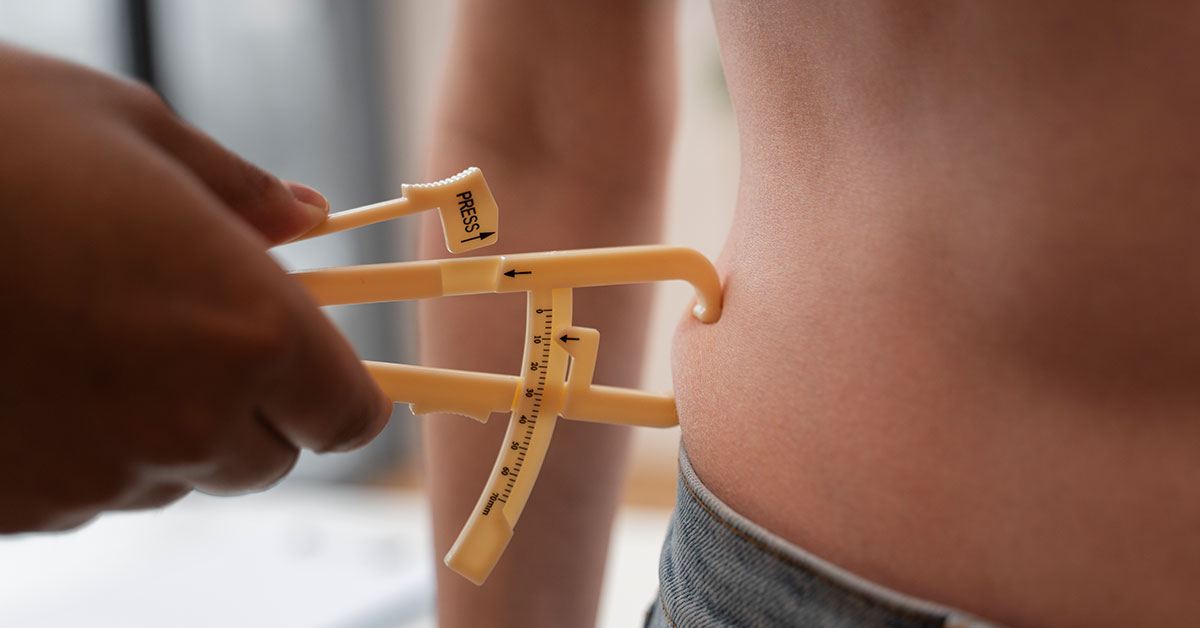Introduction
Understanding the science of weight loss is crucial for women looking to shed pounds effectively and maintain a healthy lifestyle. Weight loss science goes beyond simple calorie counting; it involves complex bodily processes that affect fat burning and metabolism. In this article, we’ll delve into how weight loss works, providing insights into the biological mechanisms that drive fat reduction and offering practical tips for sustainable weight management tailored specifically for women.

The Fundamentals of Weight Loss
Calorie Deficit: The Core Principle
At its core, weight loss occurs when you create a calorie deficit – consuming fewer calories than your body burns. This deficit forces your body to use stored fat for energy, resulting in weight loss. For women, understanding this principle is essential, as it forms the foundation of any successful weight loss journey.
Metabolism and Energy Expenditure
Your metabolism plays a crucial role in weight loss. It encompasses all the chemical processes in your body that convert food into energy. Women typically have a slower metabolism than men due to differences in muscle mass and hormones. Understanding your basal metabolic rate (BMR) can help you tailor your weight loss strategy more effectively.

How Your Body Burns Fat
The Fat-Burning Process
When your body needs energy and glucose isn’t readily available, it turns to stored fat. This process, called lipolysis, breaks down fat cells and releases fatty acids into the bloodstream for energy. For women, fat distribution tends to be different from men, with more fat stored in the hips, thighs, and buttocks.
Hormones and Weight Loss
Hormones significantly influence weight loss, especially in women. Estrogen, progesterone, and cortisol levels can affect fat storage and metabolism. Balancing these hormones through diet and lifestyle changes can enhance your body’s fat-burning capabilities. Understanding how hormonal fluctuations during menstrual cycles and menopause affect weight can help women manage their expectations and strategies.

Effective Strategies for Weight Loss in Women
Balanced Nutrition
A balanced diet rich in protein, fiber, and healthy fats can support weight loss by keeping you satiated and providing essential nutrients. Women should focus on nutrient-dense foods that support hormonal balance and provide sustained energy throughout the day.
Regular Exercise
Combining cardio and strength training exercises boosts metabolism, builds muscle, and enhances fat burning, even after your workout. For women, strength training is particularly important as it helps maintain muscle mass, which naturally declines with age and can slow metabolism.
Adequate Sleep and Stress Management
Quality sleep and stress reduction are often overlooked but crucial factors in weight loss, affecting hormones that regulate hunger and metabolism. Women, who often juggle multiple responsibilities, should prioritize sleep and incorporate stress-reduction techniques like meditation or yoga into their routines.
Conclusion
Understanding the science behind weight loss empowers women to make informed decisions about their health and body. By creating a calorie deficit, optimizing metabolism, and adopting a holistic approach to nutrition and lifestyle, sustainable weight loss is achievable. Remember, every woman’s body is unique, so be patient and consistent in your efforts.
Ready to start your science-backed weight loss journey? Begin by calculating your BMR and creating a personalized meal plan that aligns with your weight loss goals. Don’t forget to consult with a healthcare professional before making significant changes to your diet or exercise routine.
Useful links:
National Institute of Health – “Weight Management”
American Council on Exercise – “Metabolism Calculator”
Q: How much weight can I safely lose per week?
A: A safe and sustainable rate of weight loss is typically 1-2 pounds (0.45-0.9 kg) per week. Losing weight too quickly can be unhealthy and difficult to maintain long-term.
Q: Will lifting weights make me bulky?
A: No, lifting weights won’t make women bulky. Women naturally have lower levels of testosterone, making it difficult to build large muscles. Strength training helps build lean muscle mass, which boosts metabolism and aids in fat loss.






0 Comments